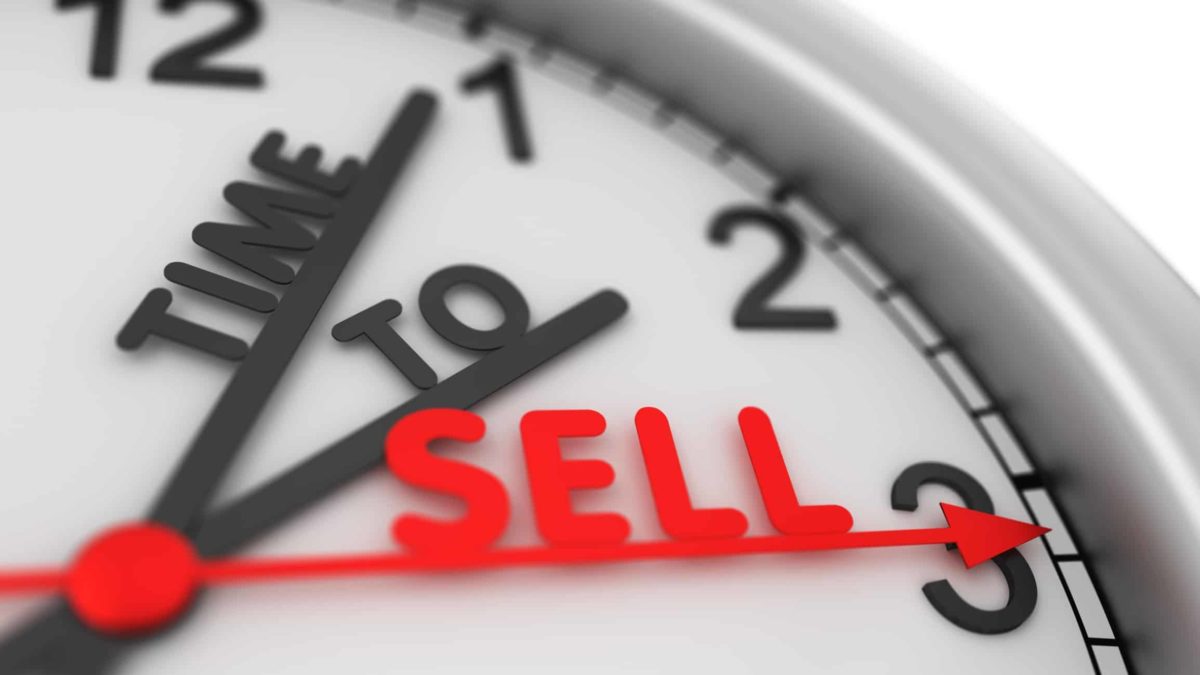Most investment articles you read are focused on which ASX shares you might like to buy, with The Motley Fool no exception.
However, many experts warn knowing how and when to sell is just as, if not more, important than buying.
After all, it's when you dispose of your shares you actually make a loss or a return on your initial investment.
You can rely on technical indicators — watching how the stock price behaves to determine if and when you should sell.
But what about qualitative factors? When you buy a share, how and what the business is doing is an important motivator in taking on the investment.
Fidelity Global Demographics Fund portfolio manager Oliver Hextall offered some ideas recently.
The qualitative signals to sell
Hextall told a Fidelity event in Sydney this week that retesting the original investment thesis is an important determinant in whether his team sells a stock.
"When a stock does well, we'll review the thesis in light of whatever's driven the outperformance and we'll have another think about the valuation," he said.
"If we think at that new price all of the attractions that we're looking for are fairly valued, then we would sell, because we think there's better opportunities out there."
What about if the stock price has fallen?
"Again, we would review the thesis in light of whatever's driven the underperformance and we'll have a look at the valuation," said Hextall.
"If we think nothing's changed or potentially it's more attractive, we might add to it and keep the stock. But if we think the thesis is broken or fundamentally challenged, then we would sell out."
Selling can be 'painful'
Hextall admitted selling an investment at a loss is psychologically "painful", even for professionals.
He recalled the time when his fund owned shares in European software giant SAP SE (NYSE: SAP).
"Around the end of 2020, there was a disappointing update… There were execution issues. And when we reviewed that we felt the thesis was challenged and actually broken. So we decided to sell," he said.
"On the day, the stock was down maybe 20%, so we crystallised a loss and that was quite painful."
But in retrospect it was the right decision. SAP shares have fallen a further 15% since the end of 2020.









